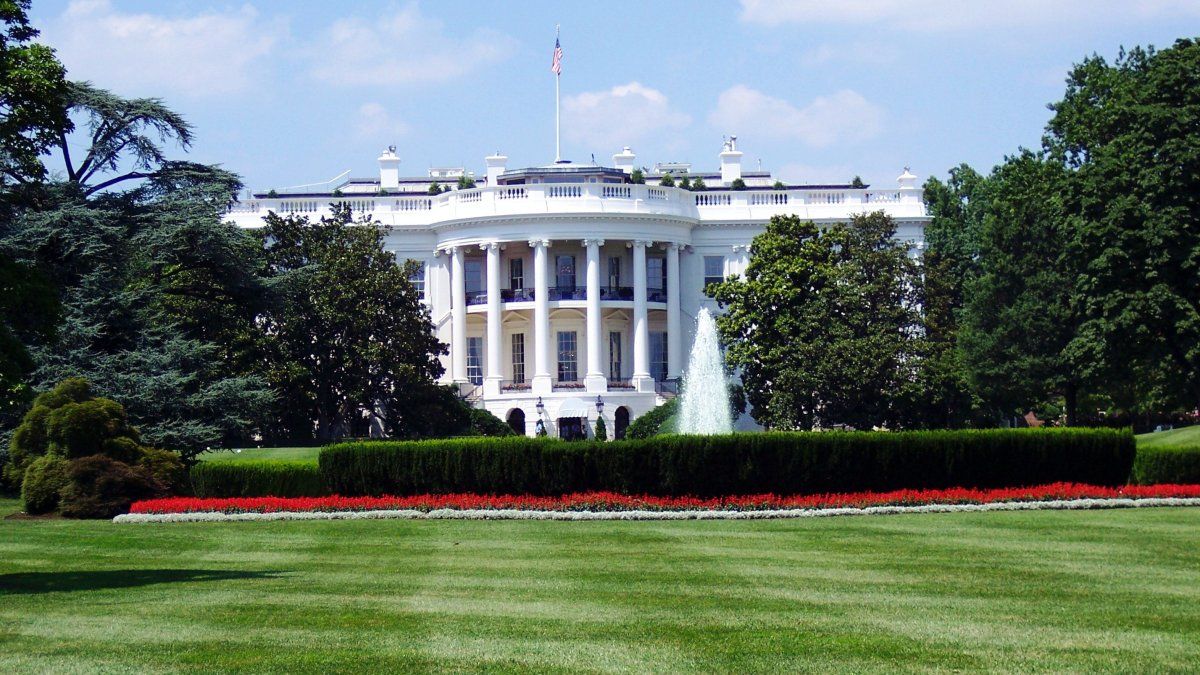Donald Trump’s government will live key hours for its management on Tuesday. This September 30, 2025 is the expiration date of the current annual budget. In this scenario, the Senate will have to vote on a TEMPORARY EXPENSE LAW which was already rejected in the past And that has no indications of succeeding in a second voten.
The confrontation between Trump and the Democrats of Congress occurs in a context of strong differences, with a republican leader With a much more aggressive policy exercise on all frontssomething that their political rivals want to stop.
If the new bills related to the budget are not approved, there will be a “closure” in the US government. This means, among other things, The suspension of non -essential public services.
The possible closure of government in the United States
The United States Senate, under republican majority, prepares to vote again a draft temporary financing bill on the edge of its expiration. Democrats claim to include in the Initiative the extension of health benefits that expire at the end of the year and reach Millions of citizenssomething that their adversaries insist on treating separately.
Meanwhile, federal agencies spread contingency plans In case an agreement is not achieved before American midnight, an exact moment in which current financing will expire. These plans contemplate the closure of offices dedicated to scientific research, attention to the citizen and other tasks classified as “not essential”, In addition to sending thousands of employees to their homes without salary enjoyment.
In detail, in the last hours the Democrats sector sought to open a fissure between Donald Trump and his block in Congress, when he remarks that the president was shown Receptive to prolong a tax exemption that reduces health costs for 24 million Americans. “It is in the hands of the president if we avoid a closure,” said the leader of the Democratic bench in the Senate, Chuck Schumer. In reference to his sayings, Vice President JD Vance acknowledged that the opposition led “Some reasonable ideas”At the table, although he did not give more details about the future of the vote.
Impact on workers
In case there is no agreement and that the government faces a Shutdown, Employees assigned to non -essential services are sent to license without salary enjoymentwhile those who fulfill critical functions must continue working, also without charging. Salaries are paid retroactively once Congress approves the funds, although during The suspension the consumption of these homes collapses.
On the other hand, the essential services will continue to act, although many can be affected, such as social security and Medicare applications, food inspections and national parks.
On the other hand, economists also fear that a closure impact on the publication of official data by the Federal Government. This implies a particular concern for the United States Federal Reserve, which is guided by the aforementioned information to decide its monetary policy.
RISKS FOR THE ECONOMY
The discretionary spending, equivalent to 27% of the federal budget, would be interrupted immediately If an agreement is not reached on Tuesday. This translates into a Temporary Fall of Public Services Production And, at the same time, in lower consumption of license employees.
American analysts estimate that this situation can generate – per week – a fall between 0.1% and 0.3% of the real GDP of the quarter, which implies that a closure of one month could Reduce activity between 0.5% and 1.5%.
While retroactive salaries payment allows A certain recovery of consumption, not everything is recomposed: transportation spending, meals outside the home and other items associated with face -to -face work are definitively lost. In addition, the suspension of payments to state suppliers can lead to liquidity problems for contractor companies, at risk of loss of jobs and even breaks if the crisis extends.
Source: Ambito




